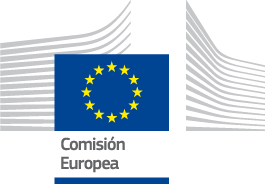

Cooperation MS Fiche
Cooperation is organised in different ways around Spain, depending on the region. In most regions, cooperation is organised at FLAG level, while in Galicia and Catalonia, calls for projects are organised by the regional authorities in charge of CLLD. These calls tend to be coordinated closely with the FLAGs in order to ensure they meet the needs on the ground.
Galicia publishes a call around April every year, following a workshop organised for FLAGs in the autumn beforehand to develop cooperation ideas. If any budget is left over from the call, a second call is published in the autumn of the same year. In Catalonia, calls are organised on an ad-hoc, needs-basis. Cooperation themes that have emerged in Spain include: promoting fisheries tourism, heritage and gastronomy, supporting women in fisheries to become better organised and represented, exchanging experiences and adding value to local products, generational renewal, social labour inclusion of handicapped people and other vulnerable groups through the creation of new economic opportunities related to fisheries activities, encouraging co-governance in maritime fishing areas and the participation of the fishing sector in marine resource management.
Budgets vary significantly from one region to another with €29 000 foreseen for the two FLAGs in Cantabria and around €1.5M foreseen in Galicia for its eight FLAGs.
Number of FLAGs in Spain: 41
Cooperation projects are generally subject to the same financing rules as any other FLAG project.
For any further information:
The National Network is specifically tasked with supporting FLAG cooperation and can be contacted at redfep@mapa.es
| Country |
|---|